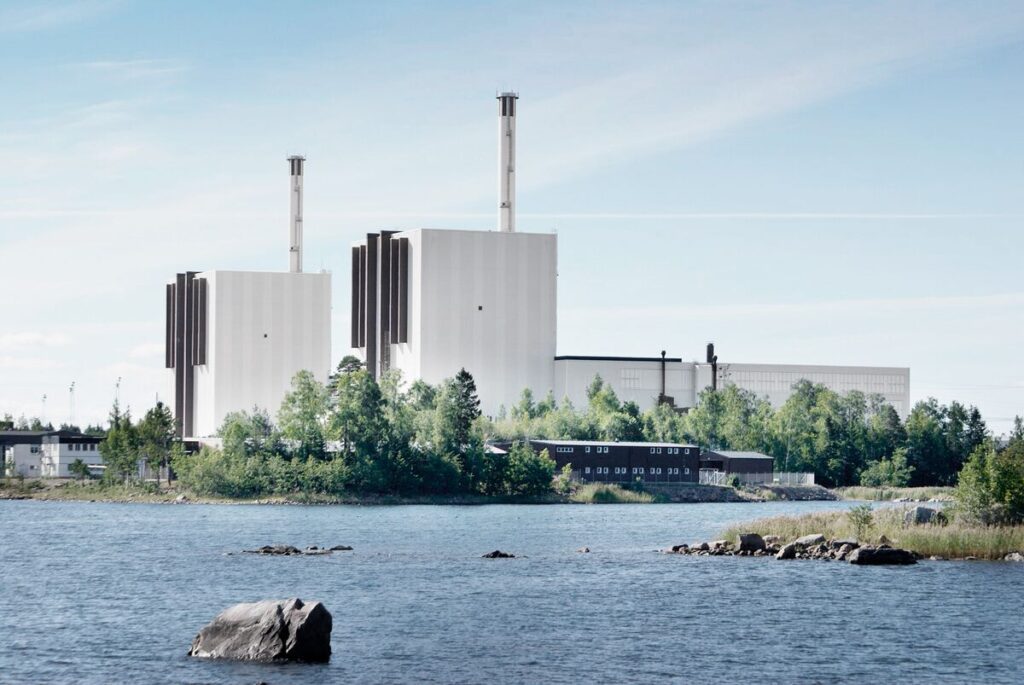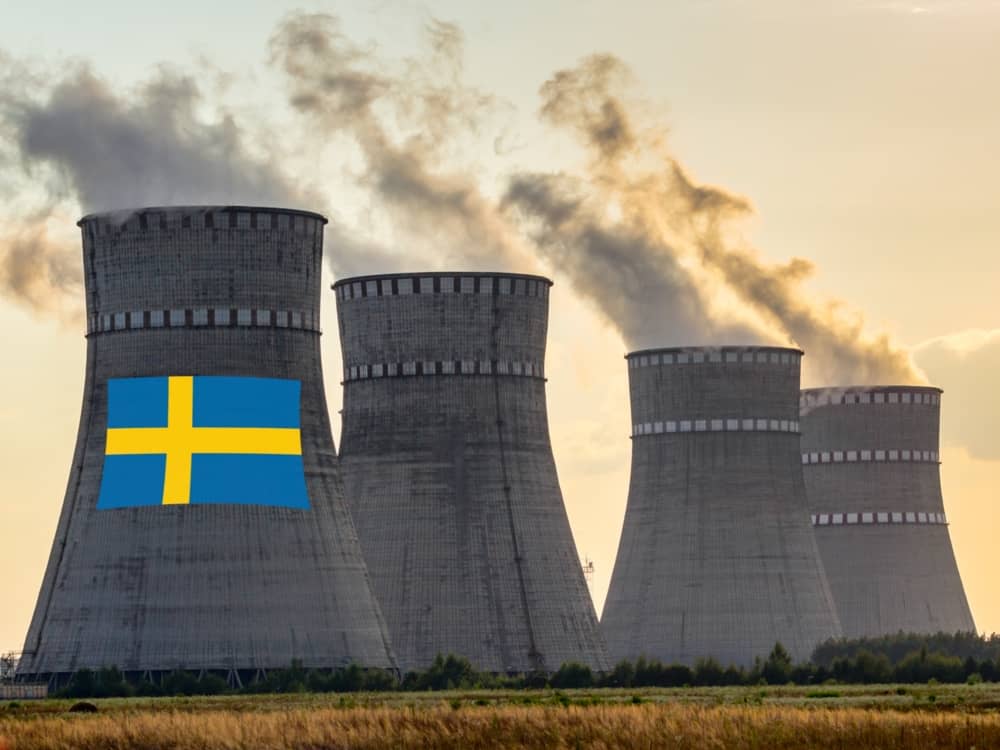Sweden just made a bold move in energy, announcing the construction of at least 10 new nuclear reactors in the next twenty years. This decision, which represents a marked change from Sweden's nuclear capability, has sparked heated debate among experts. Some see this plan as a concrete solution to meeting climate goals, others criticize it as an expensive and outdated strategy.
But what prompted Sweden to make such a controversial decision? And what are the real implications of this choice for the country's energy future?
Swedish nuclear breakthrough
Sweden, long known for its strong environmental ethic and breathtaking landscapes, has always sought to be at the forefront of the fight against climate change. Also for this reason, the announcement to build 10 new nuclear reactors surprised many.
The Swedish Minister of Climate and Environment, Romina Pourmokhtari, said that to meet the country's climate goals, electricity production must double over the next twenty years. An eloquent statement, which gave a clear idea of the direction in which the Swedish government wants to go. But is nuclear power really the answer?

Expert debate
Lars J Nilsson, professor at Lund University and member of the European Climate Advisory Council, questioned the need for these new reactors. According to him, the expansion of electricity production in Sweden can easily take place through wind energy. He also argued that the whole move may be more symbolic than practical.
If these reactors are actually built, the costs would fall heavily on Swedish taxpayers. But it's not just about the money. Sweden's reputation as a green leader globally could be at stake.
The EU and its vision
With the EU pushing for a 55% emissions reduction by 2030 and a goal of becoming “climate neutral” by 2050, Sweden may feel under pressure to show tangible progress. And the Swedish government may be in more of a hurry to show “goodwill” than intentions to pursue it with such a focused policy.
However, it is not a joke: the Swedish government seems determined to pursue its nuclear plan, there are many critical voices. Karin Lexén, general secretary of The Swedish Society for Nature Conservation, Sweden's largest environmental organization, accused the government of diverting attention from real climate problems.

Swedish Nuclear Acceleration: Leap Forward or Throwback?
Internal criticism of the Swedish nuclear plan is strong and well-founded. However, the potential benefits that could derive from the adoption of this energy source, one of the few that can produce large quantities of electricity without emitting greenhouse gases, are also clear. Nuclear energy can provide a stable and reliable source of energy, regardless of weather conditions.
This could reduce Sweden's dependence on more intermittent energy sources, such as wind and solar power, ensuring a constant flow of electricity even during the darkest and coldest winter months.
On the other hand, despite these potential benefits, significant questions remain about the plan's feasibility and effectiveness. Building nuclear power plants is a long and expensive process, and there is a risk that, once completed, these new plants are no longer the most efficient or sustainable energy solution available. Furthermore, nuclear waste management remains an unsolved and potentially dangerous problem.
One thing is certain: the Swedish debate on nuclear energy has only just begun and promises to be hotter than ever that in Germany.


